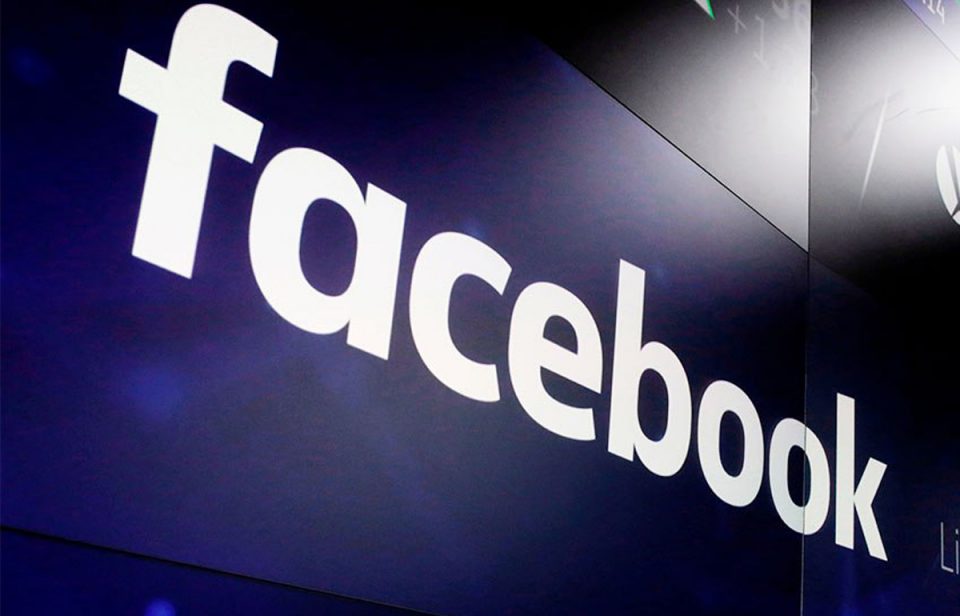Facebook Inc (FB.O) has announced a new policy banning “deepfake” videos that are likely to mislead viewers into thinking someone said words that they did not actually say.
According to Facebook, this is in a move aimed at curbing misinformation ahead of the 2020 U.S. presidential election.
It would also remove misleading media if it was a result of technologies like AI that “merges, replaces or superimposes content on to a video, making it appear to be authentic,’’ the California-based company said in a blogpost.
“This policy does not extend to content that is parody or satire, or video that has been edited solely to omit or change the order of words,” Facebook said.
In the U.S., a doctored video that seemed to show the House Speaker, Nancy Pelosi, slurring her way through a speech was similarly allowed by Facebook.
The video, spread by Trump supporters including Rudy Giuliani, was edited, but not using any technique more complex than slowing down the raw footage and pitch-shifting the audio.
“The doctored video of Speaker Pelosi does not meet the standards of this policy and would not be emoved.
“Only videos generated by artificial intelligence to depict people saying fictional things will be taken down.
“Once the video of Speaker Pelosi was rated by a third-party fact-checker we reduced its distribution, and critically, people who saw it, tried to share it or already had received warnings that it was false,” Facebook said in a statement.
Facebook has been criticised over its content policies by politicians from across the spectrum.
Democrats have blasted the company for refusing to fact-check political advertisements, while Republicans have accused it of discriminating against conservative views, a charge that it has denied.
In the run-up to the U.S. presidential election in November 2020, social platforms have been under pressure to tackle the threat of deepfakes, which use artificial intelligence to create hyper-realistic videos where a person appears to say or do something they did not.
Some media organisations, including the BBC, New York Times and Buzzfeed have made their own “deepfake” videos, ostensibly to spread awareness about the techniques.



